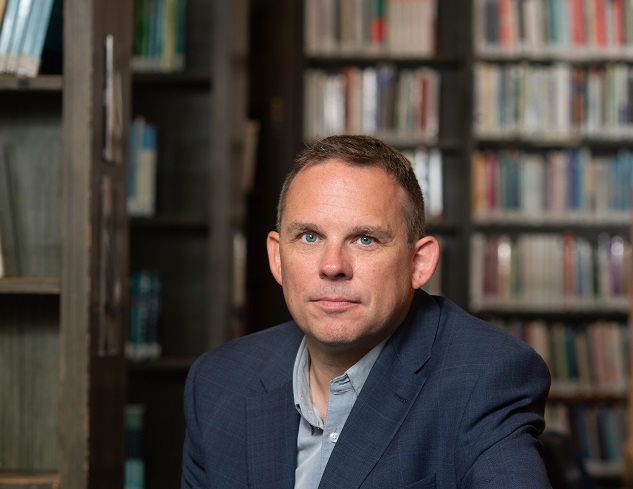Universities need to up their game in supporting care-experienced graduates

Neil Harrison of the Rees Centre explains more about the work and recommendations of the ‘Positive Impact?’ report, published last week, exploring the factors affecting access, retention and graduate outcomes for university students with a background of care or family estrangement.
Commissioned by the Unite Foundation, the report resulted from a collaboration between the Rees Centre, the University of Leeds, Sheffield Hallam University and StandAlone (a charity representing the interests of estranged students).
We were charged by the funders to maintain a tight focus on how the organisations surrounding students – the universities and colleges, but also national governments, local authorities and others – can improve the support that they offer. In order to achieve this, we gathered data from 128 staff working in higher education and 47 care-experienced and estranged students from across England and Scotland.
While previous reports have captured important elements of the student experience, this is the first to engage extensively with those working to support them. In all, the report makes 28 recommendations for improvements in policy and practice, covering outreach work, access to accommodation, mentoring, staff training, mental health support and other elements vital to student success.
The Rees Centre’s particular contribution to the report was around pathways out of undergraduate programmes and into graduate employment or further study. As part of this, we analysed national data about care-experienced and other students completing their degrees in 2016/17 – this forms Annex 2 of the report and we have blogged about the findings before.
To recap quickly, care-experienced students do slightly less well than their peers in terms of graduate outcomes, but this difference disappears once you take into account a range of background factors. They are slightly more likely than average to go on to postgraduate study. However, there were also groups of care-experienced students whose outcomes were significantly below the average, including those with lower degree results and some minority ethnic groups.
There is, therefore, no room for complacency around this part of the student lifecycle and several of the report’s recommendations touch on the need for carefully targeted needs-based support for care-experienced and estranged students through the career process. In particular, higher education institutions should:
- develop ‘student lifecycle’ approaches to support; this includes proactively and regularly providing information and guidance on careers and providing final year bursaries to ensure students are not disadvantaged in applying for jobs and transitioning into work;
- extend 52-week accommodation for students in their final year so they are supported in making the transition into employment or further study;
- set up and facilitate alumni networks; this may include the development of regional networks of alumni support;
- develop targeted bursaries for postgraduate study; and,
- extend funding for outreach work to focus specifically on adult learners, recognising the longer trajectories into higher education. This requires intensive work with adult learners over the long term with key stakeholders such as adult education centres, refugee support organisations or organisations helping adults transition into work or study.
So, the story is positive as it appears that most care-experienced students are already able to secure a positive outcome once they graduate – although it may not necessarily be the one that they would prefer. In any case, there is still a lot more to do to support those who have more difficulty due to the particular challenges they face or the continuing legacy of their childhood experiences. We look forward to talking more about the report in the coming months – particularly with policymakers such as the Department for Education and the Office for Students.
Neil Harrison, Associate Professor and Deputy Director of the Rees Centre
Contact Neil: neil.harrison@education.ox.ac.uk
